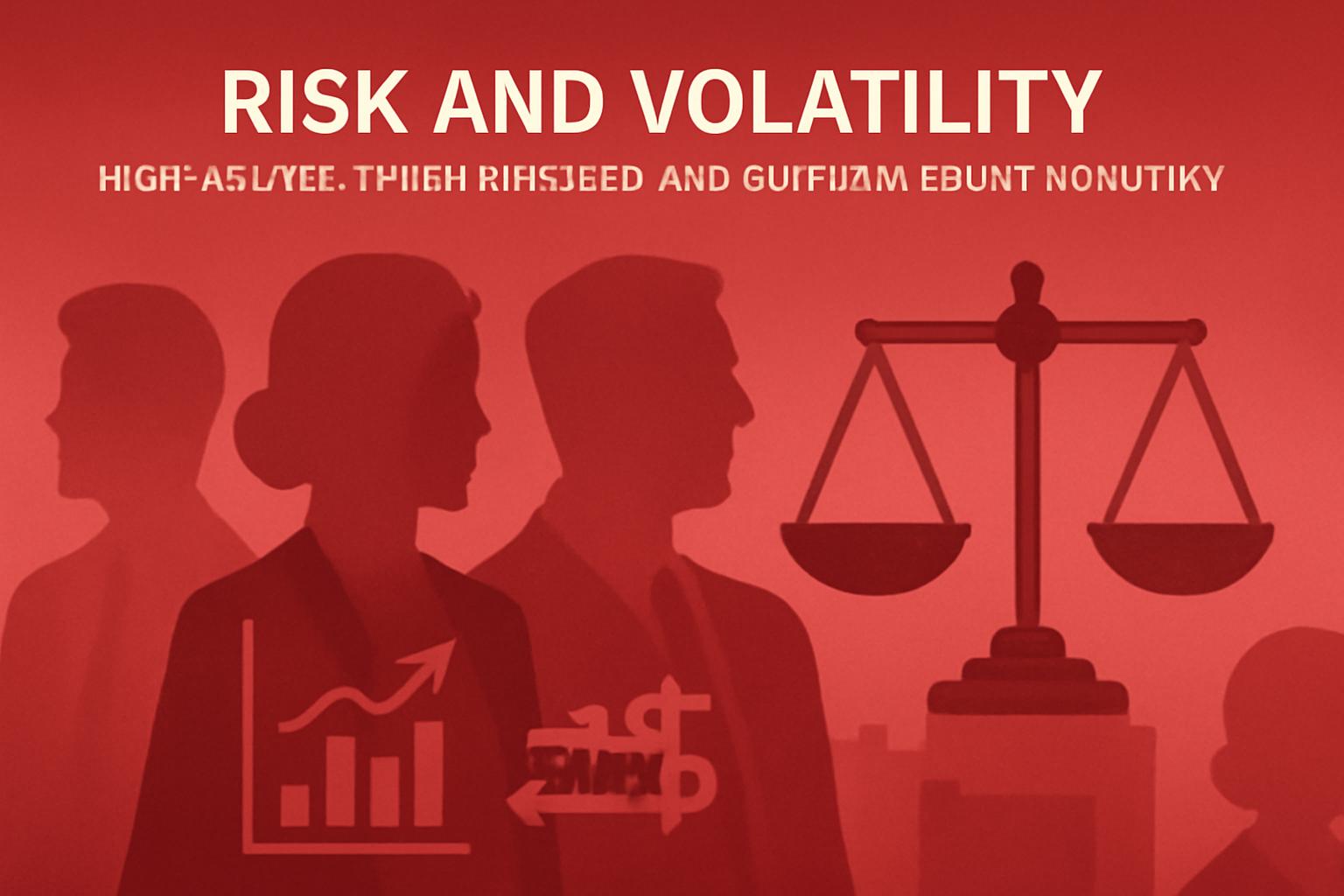Trump Tariff Refunds Could Exceed $1 Trillion Amid Supreme Court Review
The United States government may face an unprecedented financial liability if the Supreme Court rules against the legality of tariffs imposed during former President Donald Trump’s administration. Treasury Secretary Scott Bessent warned in a declaration filed last week that potential refunds could reach between $750 billion and $1 trillion.
This figure includes the more than $72 billion collected so far by U.S. Customs and Border Protection under Trump’s so-called “reciprocal tariffs,” as well as projected revenue from these tariffs through next June. The Trump administration is seeking an expedited ruling from the Supreme Court, aiming to secure a decision before the usual timeline to minimize potential refund obligations.
Legal Challenges to Trump’s Tariffs
Two lower courts have determined that Trump’s invocation of the International Emergency Economic Powers Act (IEEPA) to justify broad tariffs on numerous trading partners exceeded his presidential authority. The Trump administration has appealed these rulings, emphasizing the high stakes involved.
Solicitor General D. John Sauer described the tariffs as critical to the nation’s economic strength, warning that invalidating them could have “ruinous” consequences. Treasury Secretary Bessent echoed these concerns, stating that if refunds are mandated, the government would be compelled to comply despite the severe fiscal impact.
Potential Impact and Industry Preparations
Refunding tariffs on this scale would be unprecedented in U.S. trade policy history and could disrupt both government operations and importers. Trade experts advise companies to meticulously document import histories and prepare to file claims promptly. Some anticipate that customs brokers may be required to handle refund filings, which could significantly increase administrative burdens.
Additionally, reports have emerged of third-party firms approaching importers to purchase rights to potential refunds at discounted rates, effectively speculating on the Supreme Court’s decision. The timing of the Supreme Court’s ruling remains uncertain, though legal analysts suggest a decision could come by year-end given the administration’s expedited request.
Context and Next Steps
While previous administrations, including President Joe Biden’s, have granted limited tariff refunds, the scale under consideration here is far larger. The Supreme Court’s ruling will not only determine the legality of Trump’s tariffs but also set a precedent for executive authority in trade policy.
Importers, customs officials, and policymakers are closely monitoring developments, anticipating significant operational and financial repercussions depending on the outcome. The White House has not yet commented on the ongoing litigation.
FinOracleAI — Market View
The prospect of up to $1 trillion in tariff refunds presents a substantial fiscal risk that could unsettle financial markets, particularly sectors tied to international trade and government revenue. The uncertainty surrounding the Supreme Court’s decision is likely to weigh on importers and related industries, potentially dampening near-term trade activity. Market participants should watch for the Court’s timeline and any interim guidance on refund procedures, as these will influence liquidity and operational planning.
Impact: negative













